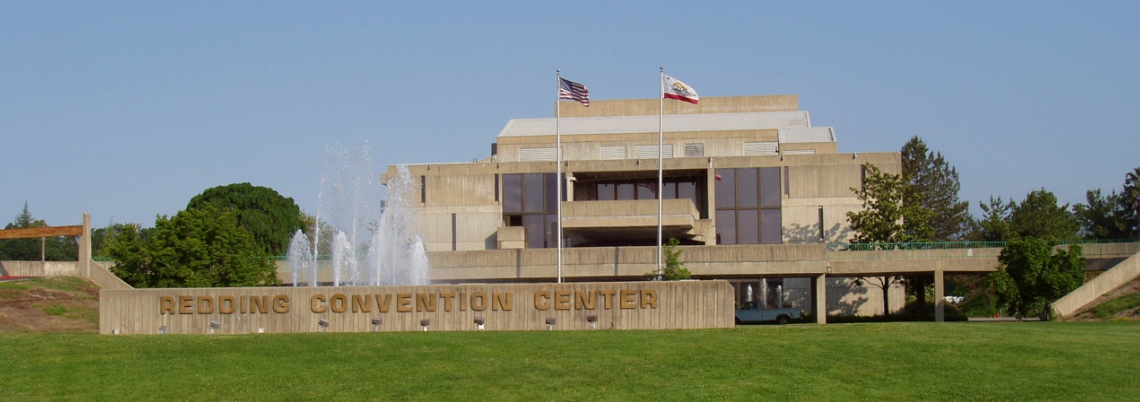This week I had the privilege of meeting with Pope Francis. It was probably one of the highlights of my life. He was funny, warm and very spiritual.
I was invited, along with several other pastors, to a small connect forum with Pope Francis because he has a deep passion for unity among Believers – and I do mean DEEP!
We spent about two hours asking him questions about whatever was on our hearts. His opening comments blessed me. He said, “We must invite the prophets back into the church and welcome them with open arms.” I thought it was interesting that this was his opening comment. Of course, many of the pastors looked over and smiled at me.
THEOLOGIANS
Pope Frances said, “Theology is a very complicated subject and we should let the theologians argue it out (figure it out). In the meantime, we should love each other and learn to value people who are different than ourselves. ”
He made it clear that theology shouldn’t divide us. I also think he was making a point that he wasn’t a theologian, in that he said “they” should work it out while “we” love people.
QUESTIONS
Mike Bickle gets the “guts” award! Everything was going quite smoothly, partly because of the benign questions the pastors were asking. Then Mike stood up and asked the Pope if he believed that Jesus was the “only way” to heaven. (There have been rumors circulating that Pope Francis is a Universalist). The tension instantly rose in the room…the moderator was noticeably shaken. But the Holy Father didn’t blink an eye. He answered, “We might be surprised by who we meet in heaven. BUT the only way into heaven is through Jesus Christ. There is no other way into heaven.” We all breathed a sigh of relief!
SPIRIT FILLED
Pope Francis went on to share about his relationship with the Holy Spirit and indicated that he had experienced the baptism in the Spirit. (I don’t think he used those exact words but that was clearly the connotation I left with).
Maybe one of the most historic moments happened when the Pope spoke of the atrocities the Catholic Church perpetuated on people through the centuries. Then he asked us all to forgive them for their sins. This inspired us to do the same. Suddenly the room was filled with a beautiful spirit of reconciliation.
I admit that I was slightly ignorant because I was pleasantly surprised by his knowledge of the Bible. He shared several scriptures, expounding on some Greek words – their meanings and the impact they should have on our lives.
PRAYER
As our time came to a close, we held hands to pray for one another. Then we gathered to pray for him and he for us.
Finally, the Pope got up and greeted each of us, giving us a gift (a book). He allowed each of us to take photos with him, although he was clearly not a selfie guy. The guy is incredibly humble, touchable, and comfortable in his own skin. Although he is obviously famous, he has a way of making everybody in the room relax.
I don’t think I have ever asked a famous person for a picture because I personally hate being photographed. But I had a mandate from my mother. She said, “Bring back pictures of your meeting with the Pope so our relatives will believe you met him.” Like Jesus, who made wine when he didn’t want to, I know how to obey my Spanish mother.
IMPRESSIONS
The meeting was so surreal – I mean a guy from Weaverville meeting with the Pope! What are the chances?
I’ve heard so much about the Pope in general, and Pope Francis, in particular. Some think he is the Antichrist, while others call him a false prophet, or the leader of the new world order.
When I got saved, my leaders taught me that the Roman Catholic Church was the “mother harlot” in the book of Revelation. About that time, the Holy Spirit decided to fill the Catholics the same way He did us Protestants, and suddenly the Catholic charismatic renewal was born. It became kind of hard to teach that junk after that (though some still do). Especially when the person sitting next to you in the meeting was singing in the Spirit, and is a Catholic! Surprise!!!
JUDGMENTS
I posted our meeting with Pope Francis on my social network pages and true to nature, many people couldn’t help but unleash hell on him. For some the reconciliation of Believers on the earth is the sign of the new world order – the ushering in of the Antichrist’s reign.
It’s hard to imagine how a proactive move towards loving an entire people group, forgiving one another, and reconciling after 500 years of hatred and persecution can lead to the rule of satan. But religious people can find a problem with every opportunity!
It’s also disturbing to me how selectively people apply scripture. How do you justify spewing hatred for Catholics in the name of “they are not bringing salvation to people,” while ignoring the second commandment to love your neighbor? It’s funny to me how people spiritualize their dysfunctions. I think some people need to record themselves and then play it back. They might be surprised at who is really inviting the Antichrist to the planet!
FLOOD ZONE
In Acts 2, Peter made it clear that in the last days God would pour His Spirit out on EVERYONE! Is it possible that on this 500th anniversary of the Protestant Reformation that God would take the two and make them one again?
I mean, could God have raised up Pope Francis with a spirit of reconciliation to tear down the walls of mistrust and unforgiveness that have been erected over five centuries between brothers?
Three decades ago, Ronald Reagan famously shouted, “Mr. Gorbachev, tear down these walls!” The rest is history – communism has been crumbling like a house of cards ever since.
Pope Francis once again is raising the same cry for reconciliation, and it feels like the walls of hatred and disunity are finally falling down. But reconciliation always has its detractors; whether it’s Jews and Gentiles, blacks and whites, or male and female, there will always be a spiritual reason that one group feels justified in rejecting or reducing another group.
When we love people, we are not saying we agree with them, or even that we have a value for their belief system; we are saying that we love and value them as a person – as another human being who is made in the image of our beautiful Creator.
IT’S PERSONAL
Pope Francis, thank you for having the guts to brave the religious system, and reach beyond the borders of tradition to love a group of people, some of whom refuse to love you back. God bless you! You have become one of my heroes.
If you would like to subscribe to my newsletter, sign up here.




